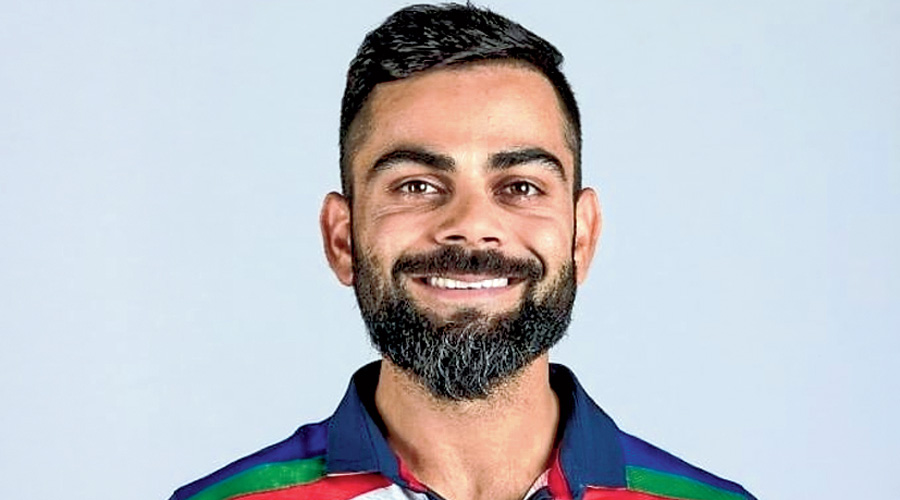Virat Kohli on Thursday formally announced what was being talked about in several quarters for quite some time now — the decision to step down from India’s T20 captaincy after the World Cup in the UAE.
The timing though did come as a surprise with nearly a month left for the showcase event to begin. It is now almost certain that limited overs vice-captain Rohit Sharma will take over as T20 captain with KL Rahul set to be his deputy. Kohli will continue as ODI and Test skipper.
Kohli, 32, announced on Twitter and Instagram, saying he made it “considering my immense workload over the last 8-9 years playing all 3 formats and captaining regularly for last 5-6 years”.
There had been talk in Board of Control for Cricket in India (BCCI) circles on whether the captaincy was proving to be a burden on his batting, especially since he had been without a century for 53 International innings, across formats. It is believed that Kohli wanted to put an end to all such misgivings during the World Cup.
Sources told The Telegraph that Kohli spoke to BCCI president Sourav Ganguly in the morning and afternoon while also keeping secretary Jay Shah in the loop. Shah convened a selection committee meeting in the evening, minutes before the announcement was made public on social media, where Kohli informed the selectors about his decision.
The BCCI brass has made it clear that there was no pressure from their end. The BCCI president said in a statement that the decision was made keeping “the future roadmap” in mind. Secretary Shah revealed in a media release that he had been in “discussions with Virat and the leadership team for the last six months and the decision has been thought through”.
Kohli said he arrived at his decision after “a lot of contemplation and discussions with my close people”, including India head coach Ravi Shastri and Rohit.
Kohli’s workload has been a much talked about topic in cricket circles since he took over as captain in all formats in January 2017. The national selectors also kept an eye on it, resting him whenever possible in the game’s shortest format. He has played only 45 out of India’s 67 matches in T20Is since taking over as captain.
Kohli perhaps became aware of what lay ahead once Mahendra Singh Dhoni was appointed as mentor for the T20 World Cup. Coming only days after the triumph at The Oval, it was the first sign of the BCCI acknowledging that it wasn’t happy with his captaincy skills. His lack of success in ICC tournaments was also taken note of.
The selection of the T20 squad proved beyond doubt that Kohli was no more calling the shots in Indian cricket. The inclusion of Ravichandran Ashwin, who last played a T20I in July 2017 and had been benched for the four Tests in England, and the ouster of his trusted companion Yuzvendra Chahal are being seen as a signal to Kohli.
Kohli’s debateable team selections and strategy has been the subject of discussion for long. The ploy to include two spinners in cold and blustery conditions at the World Test Championship final in Southampton played a big role in India’s defeat.
It is a given that Shastri’s contract will not be renewed after the World Cup. Kohli knows well that he will not enjoy the unrivalled freedom and authority under the new head coach. Also, with another T20 World Cup set for next year, he would prefer Rohit to take time in adjusting to his new role.
However, it has left in its wake several unanswered questions. Will Kohli continue to lead the ODI side if India fail to win the T20 World Cup in November? Will the BCCI be happy by simply handing over the T20 captaincy to Rohit or will they go for split captaincy and make him the limited overs captain? Test cricket remains close to Kohli’s heart and the BCCI might allow him to concentrate solely on something so dear to him.
The pressure to convince Kohli to relinquish limited overs captaincy had been building since Rohit led Mumbai Indians to their fifth IPL title last year. By deciding to bow out himself, Kohli has shown that he won’t let others determine his fate.











